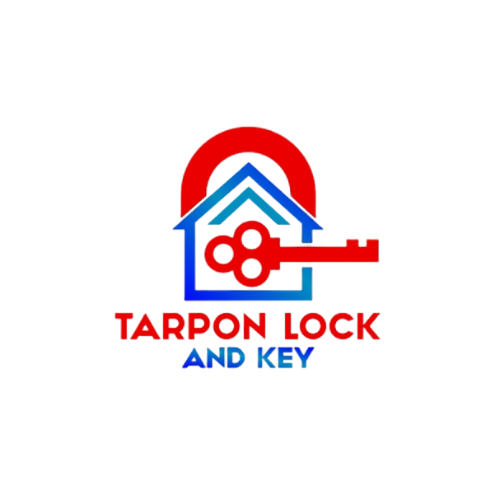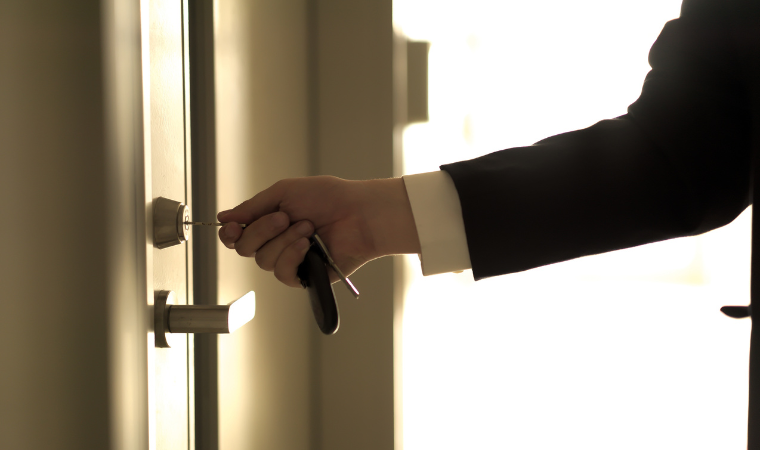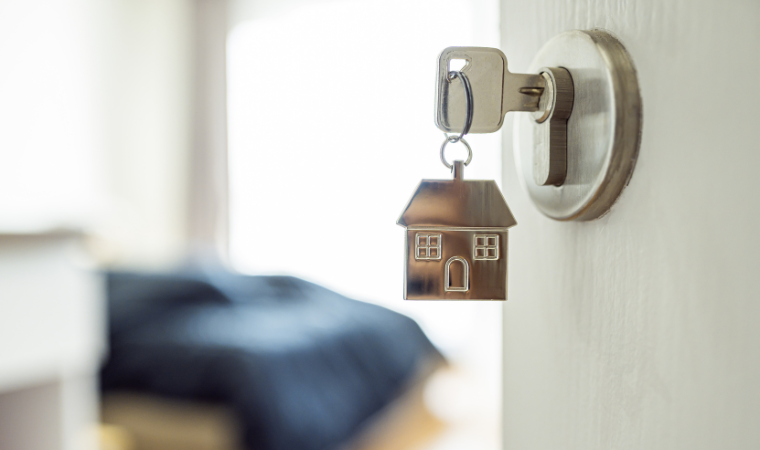Rekeying a lock is a practical and often more affordable alternative to replacing it entirely. After moving into a new home, losing a key, or wanting to improve security, rekeying guarantees that old keys no longer work while keeping your existing lock hardware.
Understanding how much it costs to rekey a lock can help homeowners and business owners plan their budget and make informed decisions about maintaining security.
This guide explores the factors that affect rekeying costs, average prices for residential and commercial locks, and tips to save money without compromising safety.
Average Costs of Rekeying: How Much Does It Cost to Rekey a Lock
Understanding the cost of rekeying helps you plan your budget and choose the right approach for your locks.
Residential Locks
Rekeying a standard residential lock usually costs $20–$50 per lock, depending on lock type and locksmith rates.
Examples of Common Lock Types:
- Deadbolts
- Knob locks
- Lever handle locks
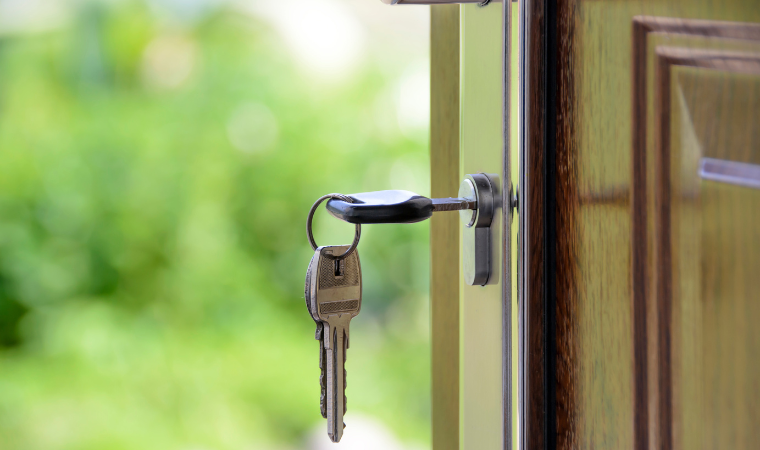
Commercial Locks
- Higher Complexity and Costs: Commercial locks are often more complex, with prices ranging $50–$150 or more per lock, depending on brand and security level.
- Master Key Systems Considerations: Rekeying a master key system can be more expensive due to the need to maintain key hierarchies and compatibility across multiple locks.
Do-It-Yourself (DIY) Options
- DIY Rekey Kits: Available for many standard locks, kits usually cost $15–$30 per lock and include tools and instructions.
- Cost Comparison to Professional Services: DIY can save money upfront, but professional locksmiths guarantee proper security, handle complex locks, and minimize the risk of damage to your lock.
Factors That Affect the Cost of Rekeying
Type of Lock
The type of lock plays a significant role in the price. Standard residential locks are usually cheaper to rekey than high-security or electronic locks. Specialty locks like smart locks or mortise locks require more expertise, which raises the cost.
Number of Locks
The number of locks also affects the total expense. Rekeying a single lock is cheaper than handling multiple locks in a home or office. Large properties or master key systems increase both labor and material costs.
Labor Charges
Labor charges vary depending on the locksmith and the situation. Professionals may charge by the hour or per lock, and emergency or after-hours services typically cost more.
Location and Accessibility
Location and accessibility impact pricing as well. Urban areas may have higher service fees due to demand, and locks that are difficult to reach or require partial disassembly can increase labor time and cost.
Lock Condition
The condition of the lock matters, too. Older or damaged locks may be harder to rekey, potentially increasing the price or even requiring replacement.
Brand and Security Level
The brand and security level of the lock can affect costs. Premium lock brands and high-security locks require special keys and tools, which can further raise expenses.
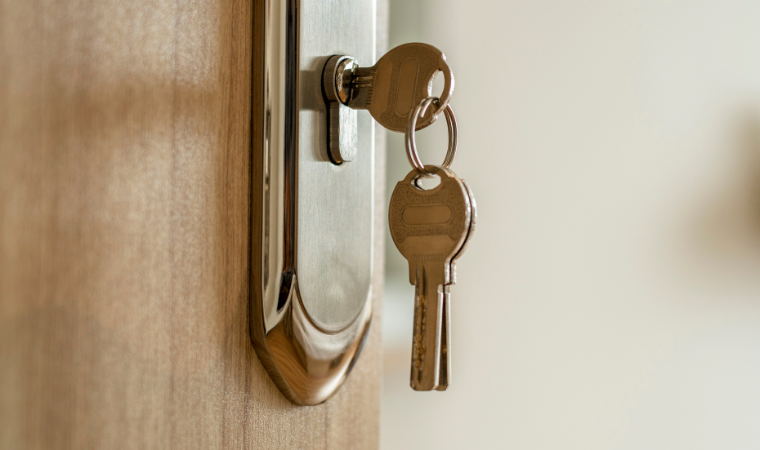
Additional Costs to Consider
Call-Out or Service Fees
Some locksmiths charge a call-out or service fee in addition to the rekeying cost. This fee covers travel and time spent arriving at your location, and it can vary depending on distance and time of day.
Replacement of Old or Damaged Locks
If a lock is worn, broken, or otherwise incompatible with rekeying, it may need to be replaced. Replacing a lock adds to the total cost but guarantees proper security and functionality.
Upgrading to More Secure Locks During Rekeying
Some homeowners take the opportunity to upgrade their locks while rekeying. Installing higher-security locks or smart locks can increase the expense but improve long-term security and peace of mind.
Tips to Reduce Rekeying Costs
- Rekey Multiple Locks at Once: Handling several locks in a single visit can save on labor costs. Many locksmiths offer discounted rates for multiple locks.
- Schedule During Regular Hours: Booking a locksmith during normal business hours avoids higher charges associated with emergency or after-hours service.
- Compare Locksmith Quotes: Request quotes from several locksmiths to find competitive pricing. Prioritize licensed and experienced professionals to gurantee proper work.
- Consider DIY Options: For standard residential locks, DIY rekey kits can be a budget-friendly option. Follow instructions carefully to avoid damaging the lock.
- Maintain Your Locks: Regular cleaning and lubrication can prevent wear and reduce the need for costly rekeying or replacement in the future.
Wrapping Up
Rekeying a lock provides an efficient and affordable way to enhance security without replacing hardware. By understanding how much does it cost to rekey a lock, accounting for additional fees, planning service timing, and maintaining locks properly, homeowners and business owners can safeguard safety and maximize value.
Taking a thoughtful approach makes the process smooth, cost-effective, and provides long-term peace of mind.
